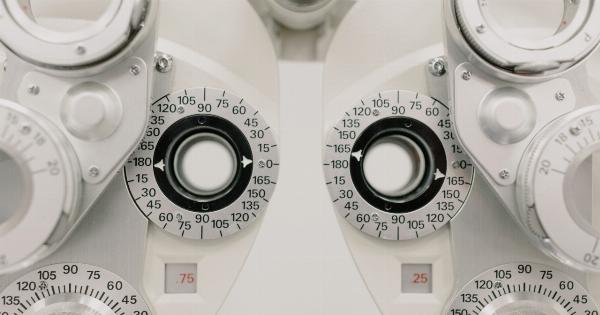Dementia is a broad term used to describe a decline in cognitive abilities severe enough to interfere with daily life. It affects memory, thinking, and behavior and can lead to the inability to perform simple tasks or recognize loved ones.
Alzheimer’s disease is the most common type of dementia, but there are other types such as vascular dementia, Lewy body dementia, and frontotemporal dementia.
The Link Between Head Injury and Dementia
Over the years, researchers have been studying the potential link between a history of head injury and an increased risk of developing dementia later in life. A head injury can range from a mild concussion to a severe traumatic brain injury (TBI).
While not all head injuries result in dementia, some studies have shown an association between certain types of head injuries and an increased risk of dementia.
Types of Head Injuries
Head injuries can be classified into two main types: acute and chronic. Acute head injuries are usually the result of a single traumatic event, such as a car accident, fall, or sports-related injury.
Chronic head injuries, on the other hand, occur due to repeated blows to the head over an extended period, like those experienced by boxers or football players.
Mild Head Injuries and Dementia Risk
Even mild head injuries, such as concussions, have been associated with an increased risk of dementia. However, the exact mechanisms linking a mild head injury to dementia are still not fully understood.
It is believed that the trauma disrupts the brain’s normal functioning, leading to long-term damage.
Severe Head Injuries and Dementia Risk
Severe head injuries, especially those resulting in a loss of consciousness, have a stronger association with an increased risk of dementia. These injuries can cause structural damage to the brain and result in cognitive impairment.
The risk of dementia is even higher for individuals who have experienced multiple severe head injuries.
How Head Injuries May Lead to Dementia
There are several ways in which head injuries may contribute to the development of dementia:.
1. Primary Brain Injury
At the time of impact, a head injury can cause direct damage to brain tissue, leading to immediate symptoms such as hemorrhage, swelling, or bruising.
The severity of the primary brain injury determines the initial outcome and subsequent risk of dementia.
2. Secondary Brain Injury
Secondary brain injuries occur in the hours or days following the initial injury. These injuries involve complex processes such as inflammation, oxidative stress, and cellular damage.
These secondary events can worsen brain damage and increase the risk of chronic neurological conditions, including dementia.
3. Neurodegeneration
Head injuries can also trigger neurodegenerative processes in the brain. The trauma can activate mechanisms that lead to the accumulation of abnormal proteins, such as tau and amyloid-beta, which are hallmarks of Alzheimer’s disease.
Over time, these proteins can build up and contribute to cognitive decline.
4. Vascular Damage
Head injuries can cause damage to blood vessels in the brain, leading to reduced blood flow and oxygen supply. This vascular damage can increase the risk of developing vascular dementia, which is caused by problems with blood supply to the brain.
Preventing Head Injuries
Preventing head injuries is crucial for reducing the risk of long-term cognitive problems. Some preventive measures include:.
1. Wearing Protective Headgear
When engaging in activities that carry a risk of head injury, such as contact sports, cycling, or construction work, wearing appropriate protective headgear can significantly reduce the risk of injury.
2. Following Safety Guidelines
Adhering to safety guidelines and regulations, such as using seat belts in cars, installing handrails on staircases, and avoiding activities that pose a high risk of falls, can help prevent head injuries.
3. Seeking Timely Medical Attention
In the event of a head injury, it is important to seek prompt medical attention, especially for moderate to severe injuries. Early diagnosis and appropriate treatment can minimize the risk of long-term complications.
Conclusion
While there is evidence to suggest a link between a history of head injury and an increased risk of dementia, it is important to note that not all head injuries lead to dementia.
The severity and frequency of the head injuries, as well as other individual factors, play a significant role in determining the potential risk. Further research is still needed to fully understand the underlying mechanisms and develop effective preventive and treatment strategies.

























